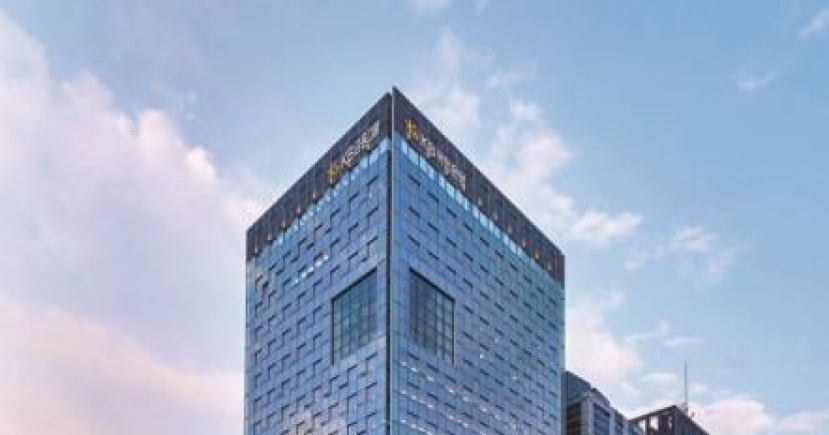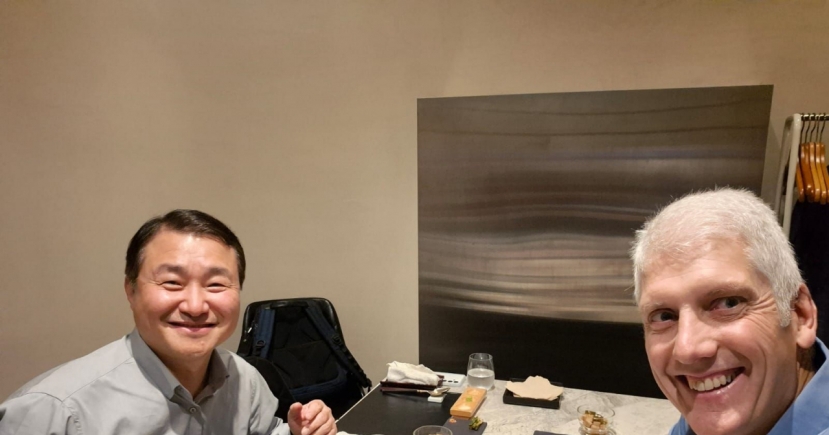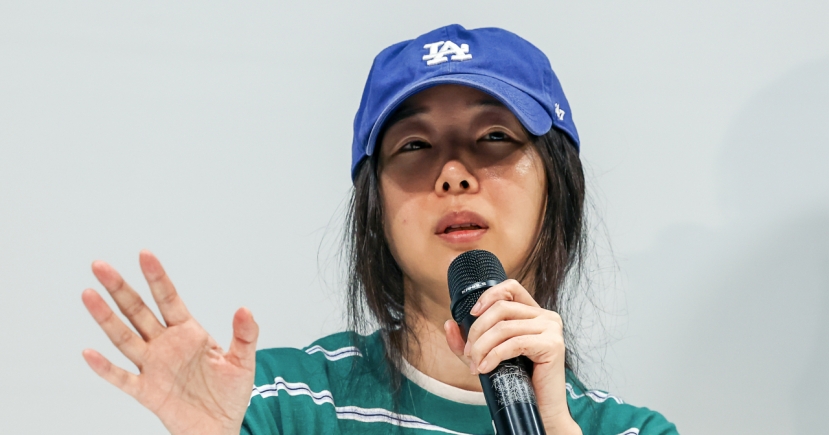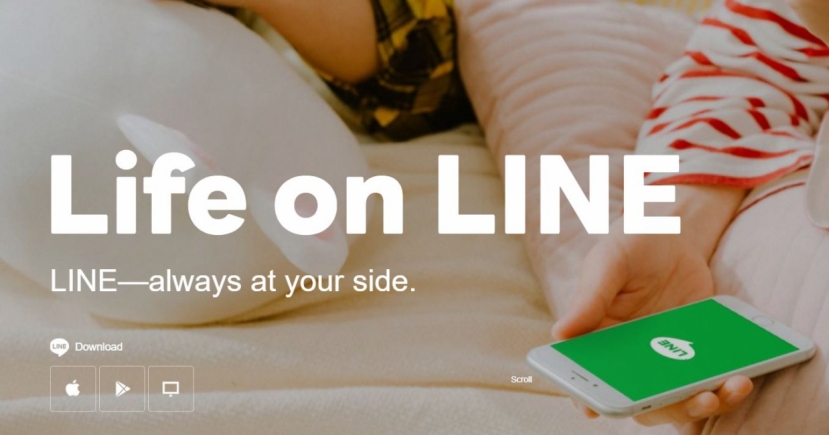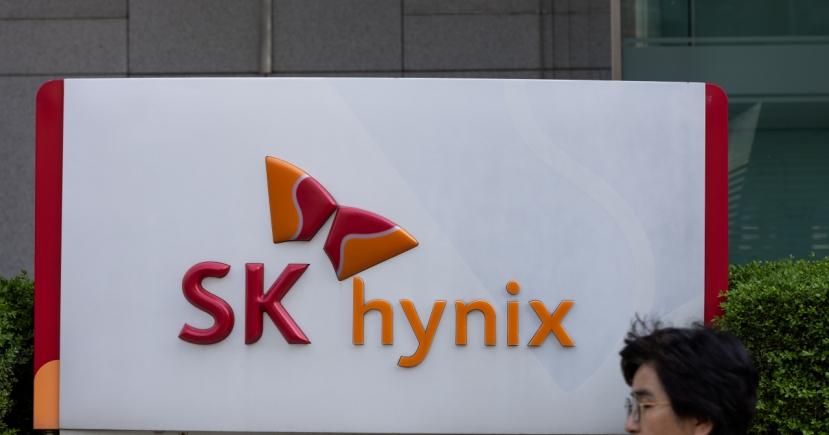Mobile & Internet
Rise of Facebook in Korean politics
[THE INVESTOR] In South Korea’s rancorous democracy, the most proven ways for the politicians to get their message across to the public were either holding a press conference at the National Assembly or dropping comments to the crowd of reporters who surrounded them.
But one method has been added to these communication tools: Facebook. Liberal and conservative politicians alike rely on social media to broadcast their thoughts on the issues ranging from nuclear armament to economic policies.
According to the data from the Assembly’s Research Service released in August, among the 253 lawmakers directly elected to represent constituencies in the April general election, 9 out of 10 incumbents used Facebook during the election campaign.
 |
“One of the strength of Facebook is that it allows politicians to promote their views regardless of time and place,” Yoon Hee-woong, a senior researcher at Opinion Live, a Seoul-based political consulting firm. ”It helps attract a lot of feedback and prompts media to reproduce their messages.”
Spearheading the move were presidential hopefuls seeking to raise their political profile by distancing themselves from partisan tit-for-tat at the legislative body and weighing in on contentious issues with more measured and informed tones.
Moon Jae-in, a standard-bearer of the main opposition Minjoo Party of Korea, is one of the most Facebook-savvy politicians. Most recently, the former presidential candidate wrote an article on his Facebook account urging President Park Geun-hye to temporarily halt the procedure for deploying a US advanced missile system,
His critical comments about the government’s decision to install a Terminal High Altitude Area Defense battery here attracted 3,457 likes as of Wednesday afternoon and has been covered extensively by major media.
“We prefer communicating via Facebook,” an official working at Moon’s office told the Korea Herald requesting anonymity. “Public statements or press releases were only available to media outlets. But Facebook messages can reach out to the general public and draw various feedback.”
The king of SNS politics is undoubtedly Seoul Mayor Park won-soon.
The activist-turned-politician’s Twitter boasts more than 2 million followers, the biggest number among prospective candidates for the 2017 election, and he updates his Facebook account on an almost daily basis.
The trend is not just limited to the liberal heavyweights.
The ruling Saenuri Party’s former leader Rep. Kim Moo-sung as well as its former floor leaders -- Reps. Yoo Seong-min and Won Yu-chul -- have updated their Facebook accounts with posts about contentious security and economic policies.
But sometimes social networks thrust presidential hopefuls to the center of controversy.
The third –biggest People’s Party leader Rep. Ahn Cheol-soo has drawn criticism for what critics viewed as “insensitive” comment in Twitter about the death of a subway worker in June.
The entrepreneur-turned-politician, who yielded his ticket during the 2012 presidential election to Minjoo Party former leader Moon, said “the worker would have found a less dangerous job, if he had had more leisure time.”
For such reasons, South Korea’s politicians prefer social network services that target selected audiences who “like“ their Facebook accounts or share their thoughts via mobile messengers, rather than Twitter, where messages are often widely available the public, experts said.
“Twitter as a political platform has been somewhat corrupted in South Korea,” said Yoon Tae-gon, a senior political analyst at Moa Agenda Strategy. “Outside of energizing their staunch supporters or informing events, Twitter does not do much justice to election campaigns.”
The trend offered a stark contract with the 2016 US election campaign where Twitter has been one of the most favorite platforms used by both Democratic and Republican presidential candidates -- Hillary Clinton and Donald Trump.
Analyst Yoon attributed the difference to South Korea having a less diverse spectrum of voters and constituencies than the US, geographically and demographically. “In South Korea, short messages like Twitter are not as effective for the election campaign as Facebook,” he said.
In the meantime, social media’s influence on politics is expected to grow as more and more people used the online platform to get information about politicians’ positions and the censorship of them has been gradually lifted.
The Constitutional Court ruled in 2011 that election campaigning that uses social networks or other online platforms does not violate the election law, which forbids candidate from campaigning from six months before Election Day until the official opening of the campaign period.
By Yeo Jun-suk/The Korea Herald (jasonyeo@heraldcorp.com)


